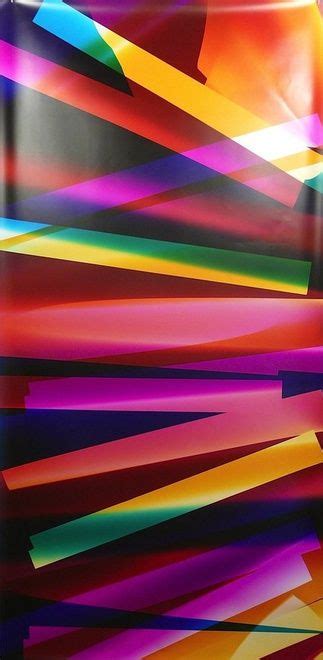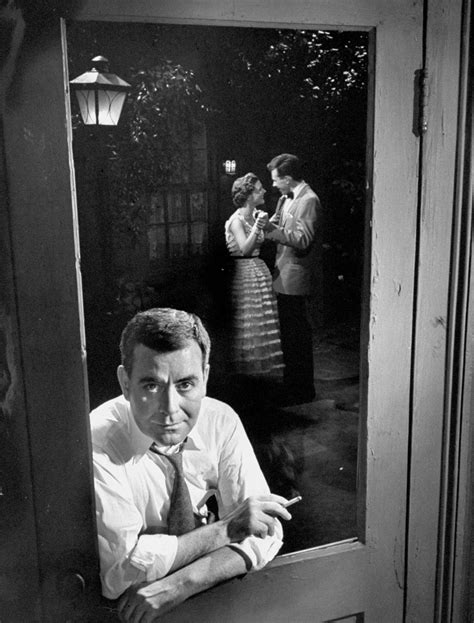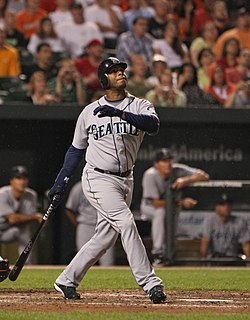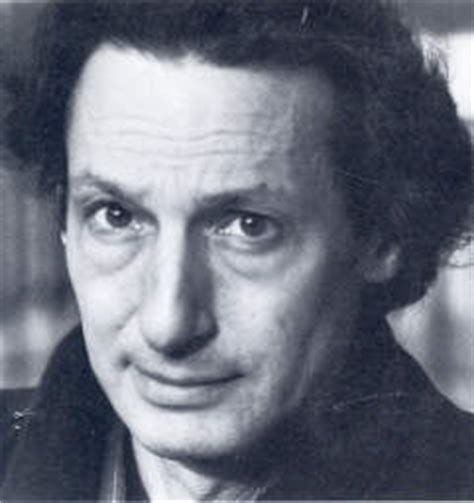A Quote by Gregory Crewdson
I think that, in a sense, there's something about photography in general that we could associate with memory, or the past, or childhood.
Related Quotes
Memory is strange. Scientifically, it is not a mechanical means of repeating something. I can think a thousand times about when I broke my leg at the age of ten, but it is never the same thing which comes to mind when I think about it. My memory of this event has never been, in reality, anything except the memory of my last memory of that event. This is why I use the image of a palimpsest - something written over something partially erased - that is what memory is for me. It's not a film you play back in exactly the same way. It's like theater, with characters who appear from time to time.
I know what I really want for Christmas. I want my childhood back. Nobody is going to give me that. I might give at least the memory of it to myself if I try. I know it doesn't make sense, but since when is Christmas about sense, anyway? It is about a child, of long ago and far away, and it is about the child of now. In you and me. Waiting behind the door of or hearts for something wonderful to happen. A child who is impractical, unrealistic, simpleminded and terribly vulnerable to joy.
I left film because I felt that photography was my art. It was something I could do on my own, whereas film was so collaborative. I thought as a photographer I could make something that was artistic and that was mine, and I liked that. And it wasn't until I got back into film and I have very small crews and I could do very tiny filmmaking that wasn't 100 people that I still felt that I was making something artistic as a filmmaker. So, you know, I'm an artist, and whether it's photography or film, I want my voice to be there and I think my voice is very strong in this film.
I have the idea that lyric poetry is a poetry that's driven by a sense of the presence of death. That there's something unbearable about the fact that we're going to die and that we can't stand it and I think you find that out in childhood and you don't really - at least I found it out in childhood and I found it hard to get over.
Historians constantly rewrite history, reinterpreting (reorganizing) the records of the past. So, too, when the brain's coherent responses become part of a memory, they are organized anew as part of the structure of consciousness. What makes them memories is that they become part of that structure and thus form part of the sense of self; my sense of self derives from a certainty that my experiences refer back to me, the individual who is having them. Hence the sense of the past, of history, of memory, is in part the creation of the self.




































